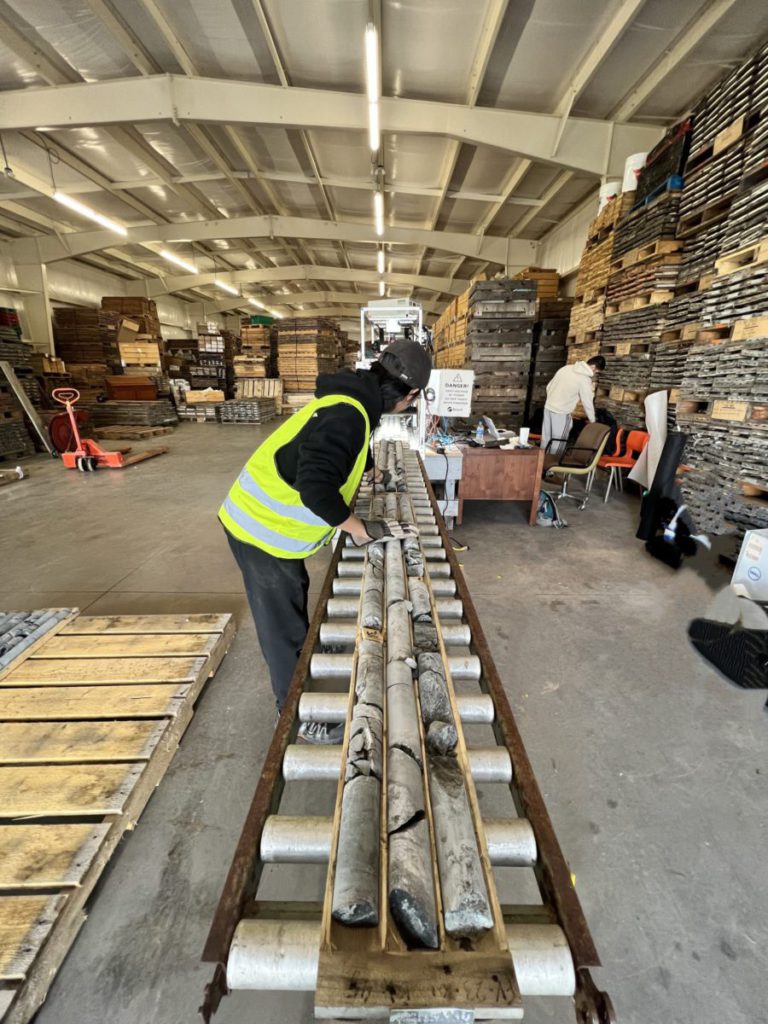Scient launches Nova Scotia’s first cloud-based virtual drill core laboratory

Technology company Scient, which specializes in imaging technologies for natural resources exploration, announced Monday the launch of Nova Scotia’s first virtual drill core repository.
The project facilitates remote access to hyperspectral drill core imagery in the eastern Canadian province, impacting mineral exploration in the region.
The repository, covering over 4,500 metres of hyperspectral drill core, targets diverse geological settings rich in critical minerals, base metals and gold, the company said, adding that its technology empowers geologists and mining companies by reducing risk of exploration failure as well as environmental impact.
Scient’s virtual core laboratory, Lithoscope, offers unrestricted access to data without the need for proprietary software or high-processing workstations. The project, partially supported by the DNRR Mineral Resources Development Fund (MRDF), preserves historical drilling results and guides future exploration efforts in Nova scotia.
“Our vision is to minimize the risks associated with exploration while improving the return on drilling investments,” Scient CEO Masoud Aali said in a press release. “This happens by providing the ore body knowledge and extracting as much insight as possible from current drill core assets.
“We’ve developed a cloud-based web application tailored for geologists to analyze hyperspectral drill core images with minimal training required,” Aali said. “We’re increasingly convinced that the format of data delivery is critical for tech adaptation, especially in our sector where the industry prefers solutions that deliver direct answers over mere tools.”
“This initiative aims to reduce the overall number of drilled holes while maximizing exploration efficiency,” Aali added.
The Canadian mining industry has experienced rapid growth in the last five years, with 39% surge in mineral production since 2016 and a 210% surge in Atlantic Canada alone, the company said.
The mining industry in Nova Scotia is a vital component of the provincial economy, with over 20 different commercially viable mineral products. However, the province is generating only 1.2% of national mineral production. The project unlocks remote access to some of the 700,000 metres of the drill core stored in the provincial facility for core storage, it said.
Following a successful pilot program with Acadia University, Scient is extending its support to other universities and community groups, fostering collaboration and knowledge transfer. The company said it plans to expand into key Canadian mining markets, including Northern Ontario and Northern British Columbia.
{{ commodity.name }}
{{ post.title }}
{{ post.date }}




Comments